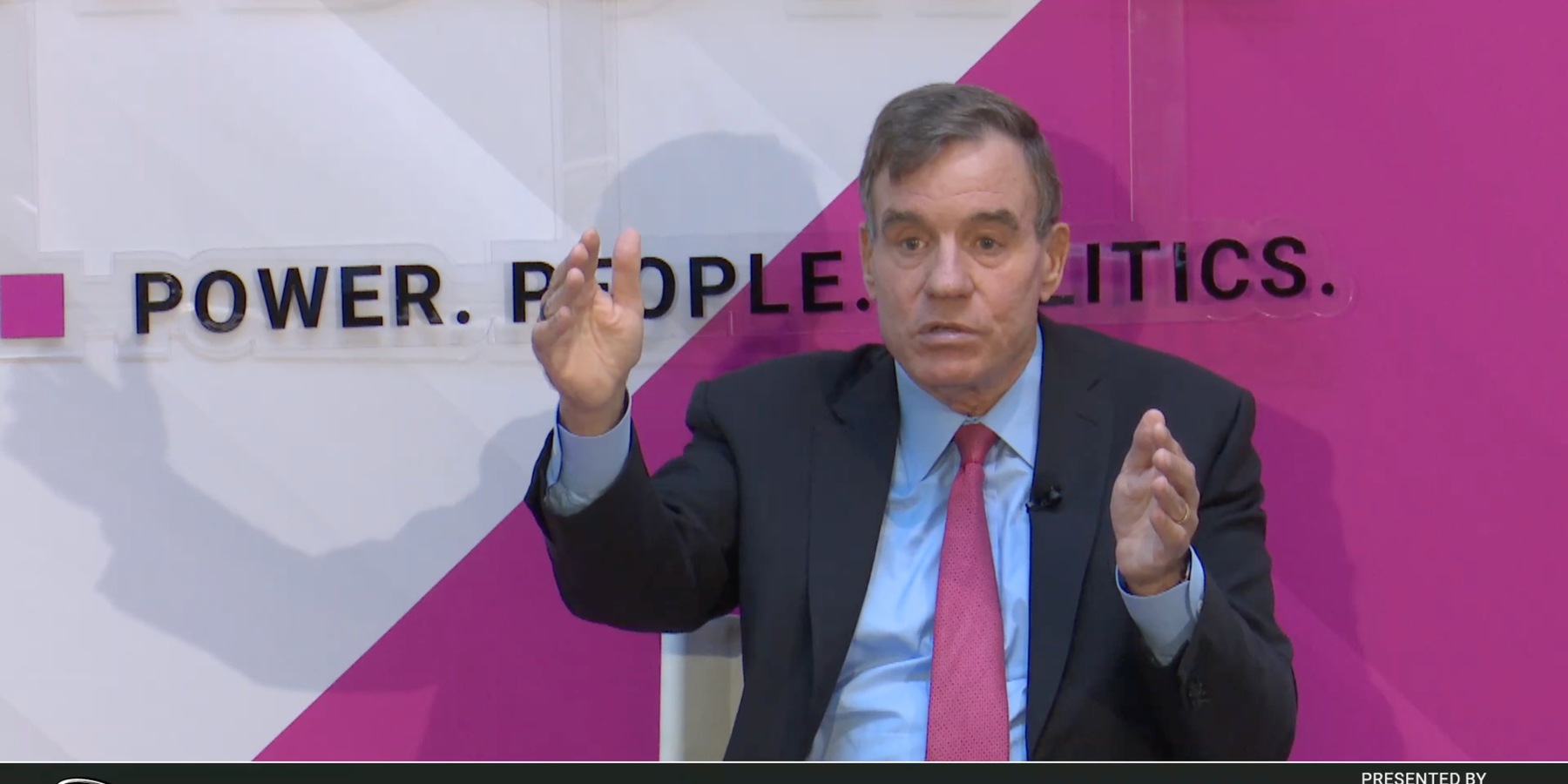Lawmakers are in the dark about how much money the Biden administration has left to spend on Ukraine, according to Sen. Mark Warner (D-Va.), the chair of the Senate Intelligence Committee.
“I still don't have 100% clarity,” Warner said Tuesday. “Of the $113 billion that we've already appropriated — $62 billion, roughly, on the defense side — how much of that was left? There was a little bit of ‘hide the ball.’”
The “lack of clarity” made it difficult to make the case for new Ukraine funding, which the House stripped from an emergency measure that staved off a government shutdown until November, according to Warner.
There is widespread confusion over how much Ukraine money the Biden administration has left to spend as it pushes for an additional $25 billion aid package for Kyiv. As RS reported yesterday, there appears to be a large amount of humanitarian and financial support money remaining, and Defense Department officials say they still have roughly $5.5 billion in funding to send surplus military equipment to Ukraine.
Warner, for his part, said he’s seen public reports indicating that there’s roughly $5 billion left in military cash, while others have put that number as low as $1.9 billion.
The comments came during an event with Punchbowl News, a journalism startup focused on Capitol Hill. RTX, formerly known as Raytheon Technologies, sponsored the event, which was followed by a friendly interview with one of the military contractor’s executives.
Companies like RTX were a key part of Warner’s argument for why the U.S. must continue to fund Ukraine’s defense against Russia. “The overwhelming majority of this [money] is going to, frankly, the American defense industry,” he said.
Virginia, Warner’s home state, is the largest recipient of American military spending, raking in $62.7 billion in defense funds last year, roughly $42 billion of which went to contractors. Notably, RTX was not a leading contractor in Virginia last year, though that could change following the company’s 2022 decision to relocate its headquarters to Arlington, a move that one analyst called “WD-40” for the “revolving door” between the Pentagon and the weapons industry.
Warner gave a thorough case for the benefits of continuing to arm Kyiv and endorsed a recent advertisement from “Republicans for Ukraine” that highlighted the extent to which the war has hurt Russia without putting American troops in harm’s way.
The prominent lawmaker also argued that a robust defense of Ukraine is the best way to stop China from taking back Taiwan. “If [Russian President Vladimir] Putin is successful in Ukraine, that is a total greenlight for [Chinese President] Xi [Jinping] and China,” Warner argued. “If you don't get that, you flunk Geopolitics 101.”
- Rep. Warren Davidson: 'No mission, no aid' for Ukraine ›
- Most Americans don't want Congress to approve more aid for Ukraine war ›
















